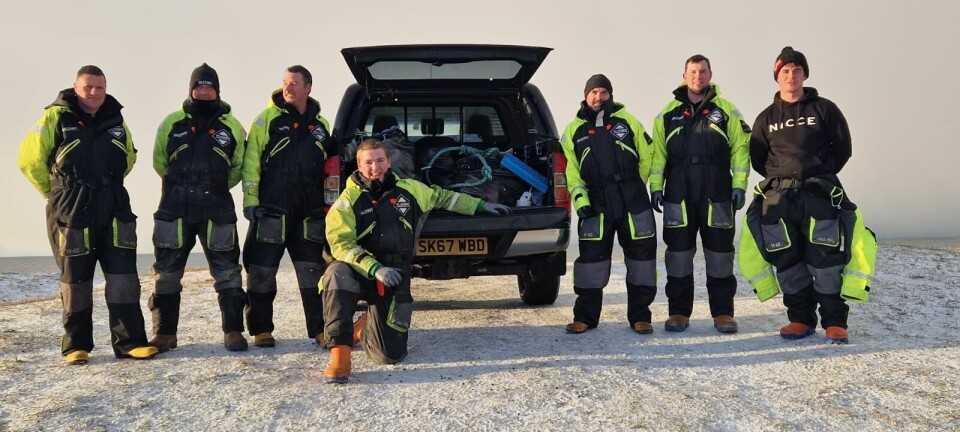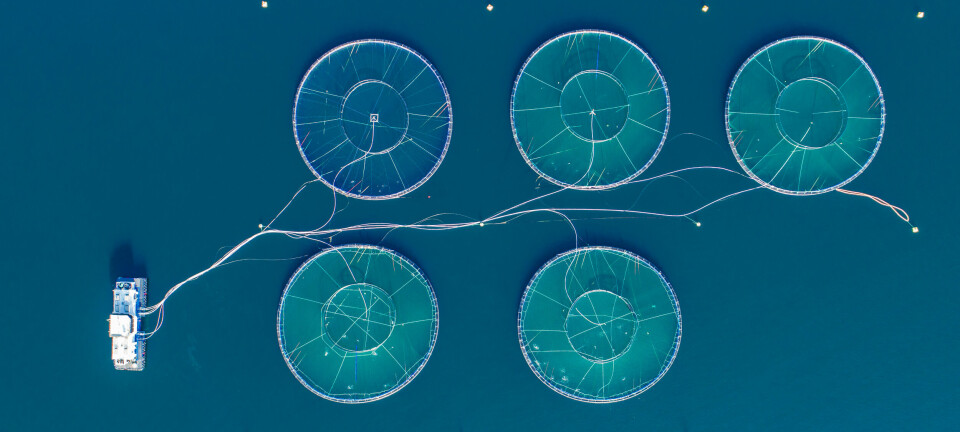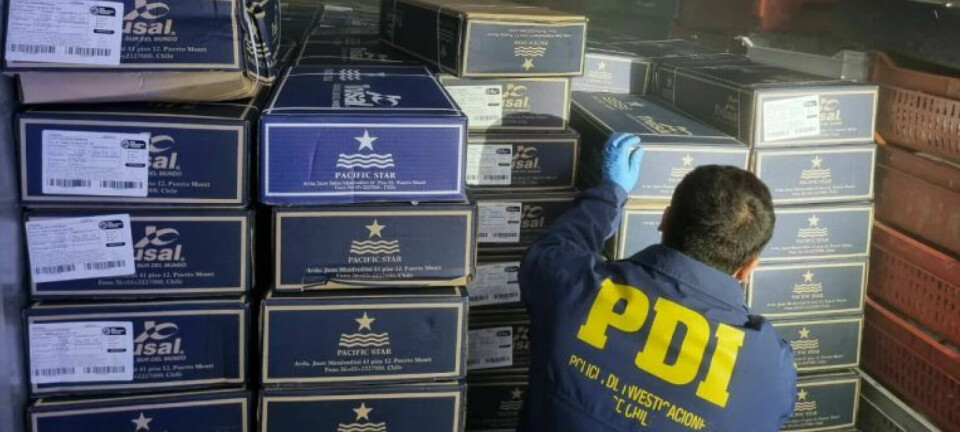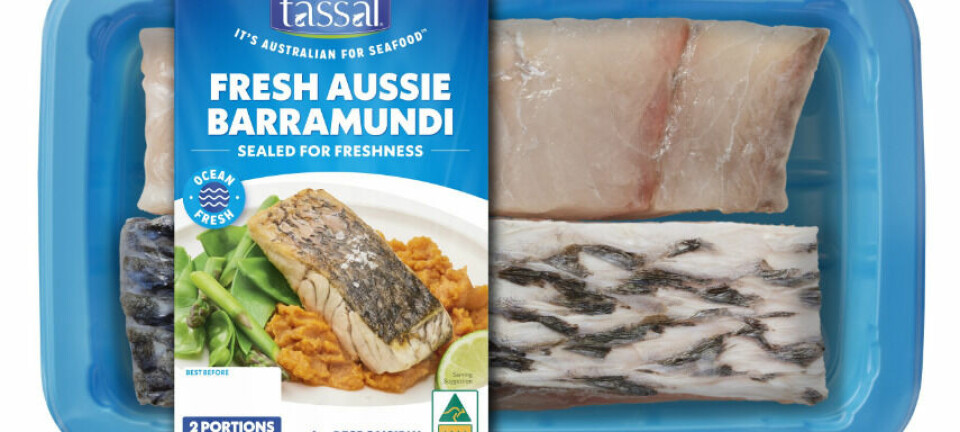
State-of-the-art processing plant opened by Cermaq
Global salmon farmer Cermaq has opened what it says is Norway’s most efficient and modern processing plant in Steigen municipality in Nordland county.
Norway’s Secretary of State, Roy Angelvik, cut the ribbon to open the high-tech facility, in which individual fish are tracked from slaughter to packing.
“It is not every day that a new processing plant opens,” said Angelvik. “This is a big day. For me, for those who work in and around Cermaq, for Steigen, for the Norwegian seafood industry and for anyone who likes Norwegian salmon around the world.”
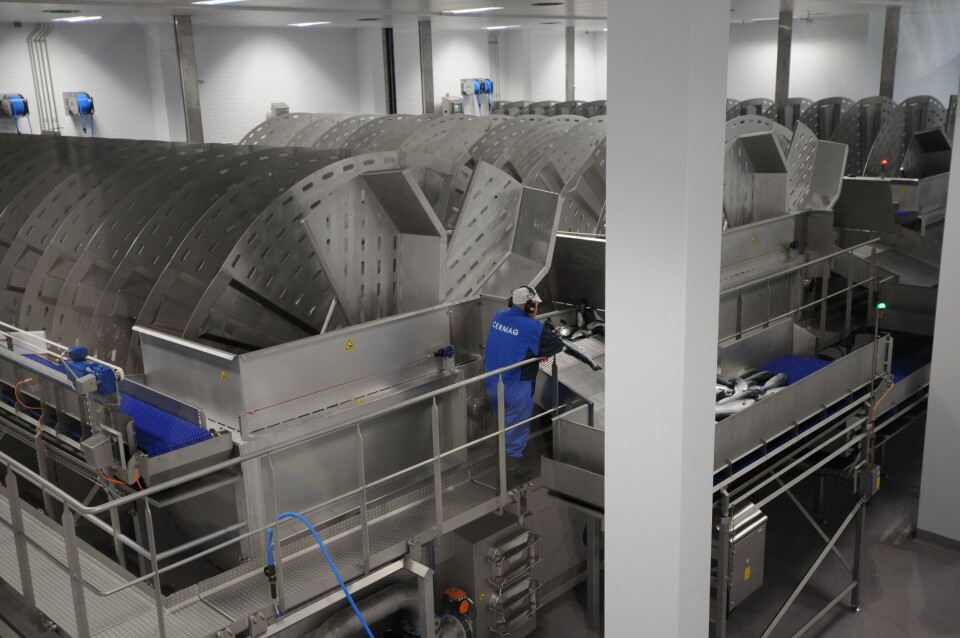
Commitment
He praised both the municipality for facilitating aquaculture and Cermaq’s commitment.
“It is not unexpected that this is sited in Steigen. Steigen is now the only municipality in the whole country that has the entire value chain in the aquaculture community,” said Angelvik.
Steigen municipality has played an instrumental role in establishing the factory at Storskjæret, through facilitating the property and establishing the real estate company Storskjæret AS, which owns the factory buildings.
The municipality used NOK35 million (money it received from the salmon licensing system) plus a NOK200m loan to finance construction of the buildings.
The new processing plant is a total of 10,000 square meters. The main building has a surface area of 8,000 square meters, providing work for 55 people from start-up.
The plant has a slaughter capacity of approximately 270 tonnes per shift. From January 2019, a filleting line will also be installed, which will provide an additional eight to 13 people.
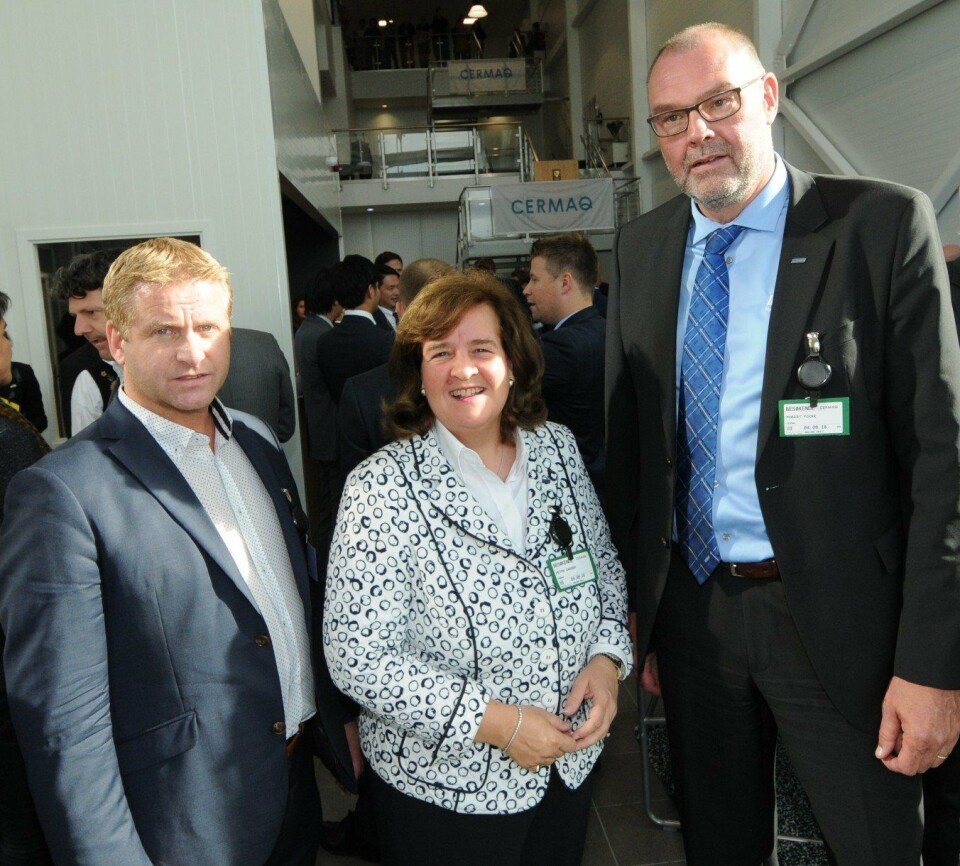
“The processing plant is designed to ensure efficient production and logistics. The plant has full machine tracking on every single fish throughout the line, from when the fish enters the plant until it is fully packaged in boxes,” said Truls Hanse, production manager for Cermaq Nordland.
Baader Norway has delivered the entirety of the main processing equipment, from reception of fish until they are packed in boxes.
“We are very proud of the facility. This is state of the art and the largest facility we have supplied our technology to,” said Petra Baader, president and sole owner of Baader.
Showcase for Baader
She emphasised that the firm has not only delivered machinery but also software that ensures full traceability on the fish.
“This will be a showcase for us,” she added.
In conjunction with the processing plant, a box factory has also been built in cooperation with Cermaq’s current supplier of fish boxes in Nordland, Løvold Industri.
This will reduce the annual freight and transport requirement by 1,200 vehicles per year making a round trip between Bodø and Steigen. This equals 504,000 kilometres, or 12.5 times the perimeter of the Earth.
The box factory has a surface area of 2,000 square metres. It will cover the needs of the processing plant, and will employ three staff.
Cermaq farms salmon in Norway, Canada and Chile and is a wholly-owned subsidiary of Japanese industrial giant Mitsubishi.
















































